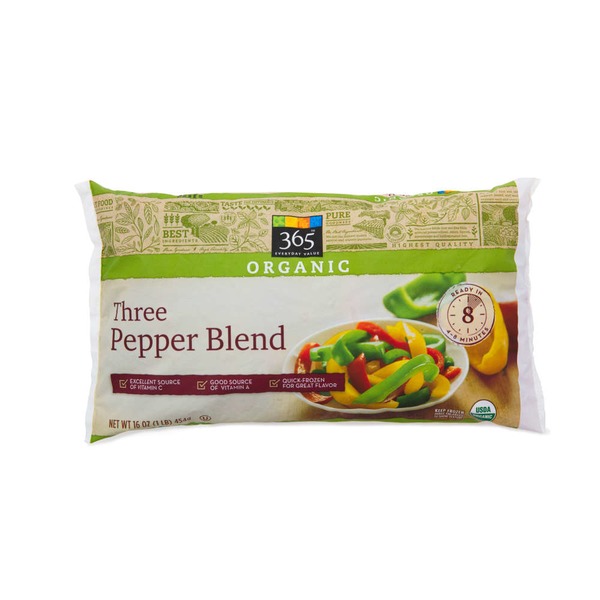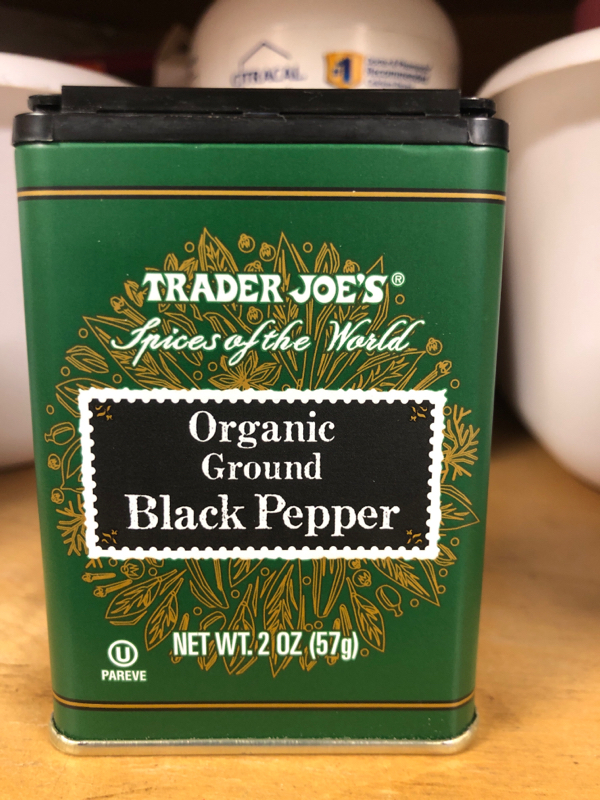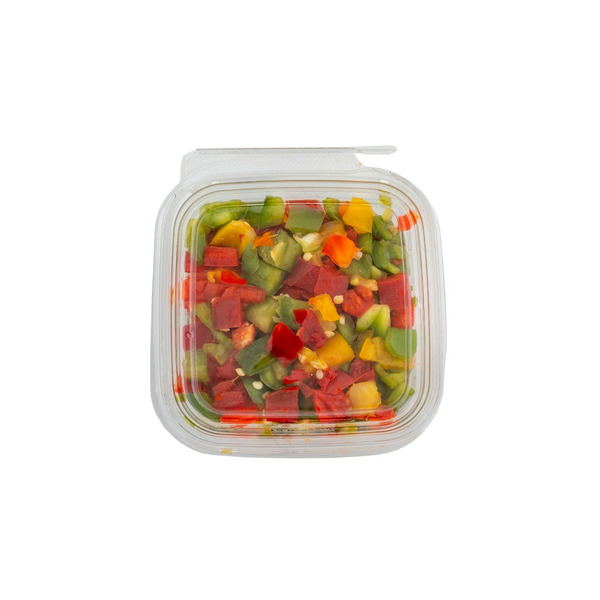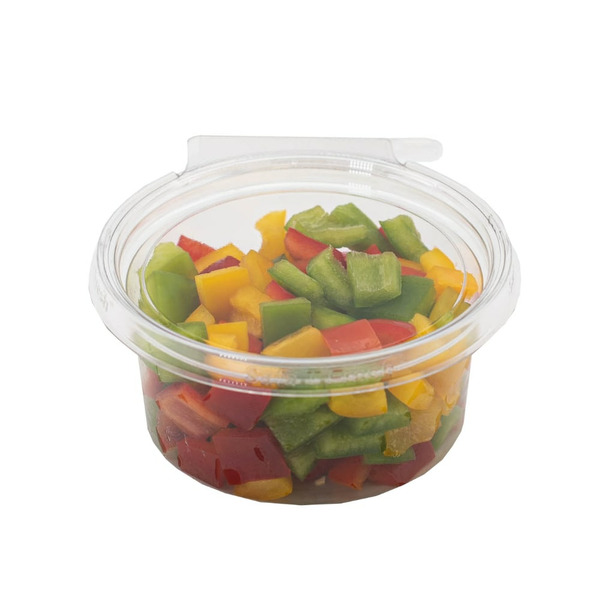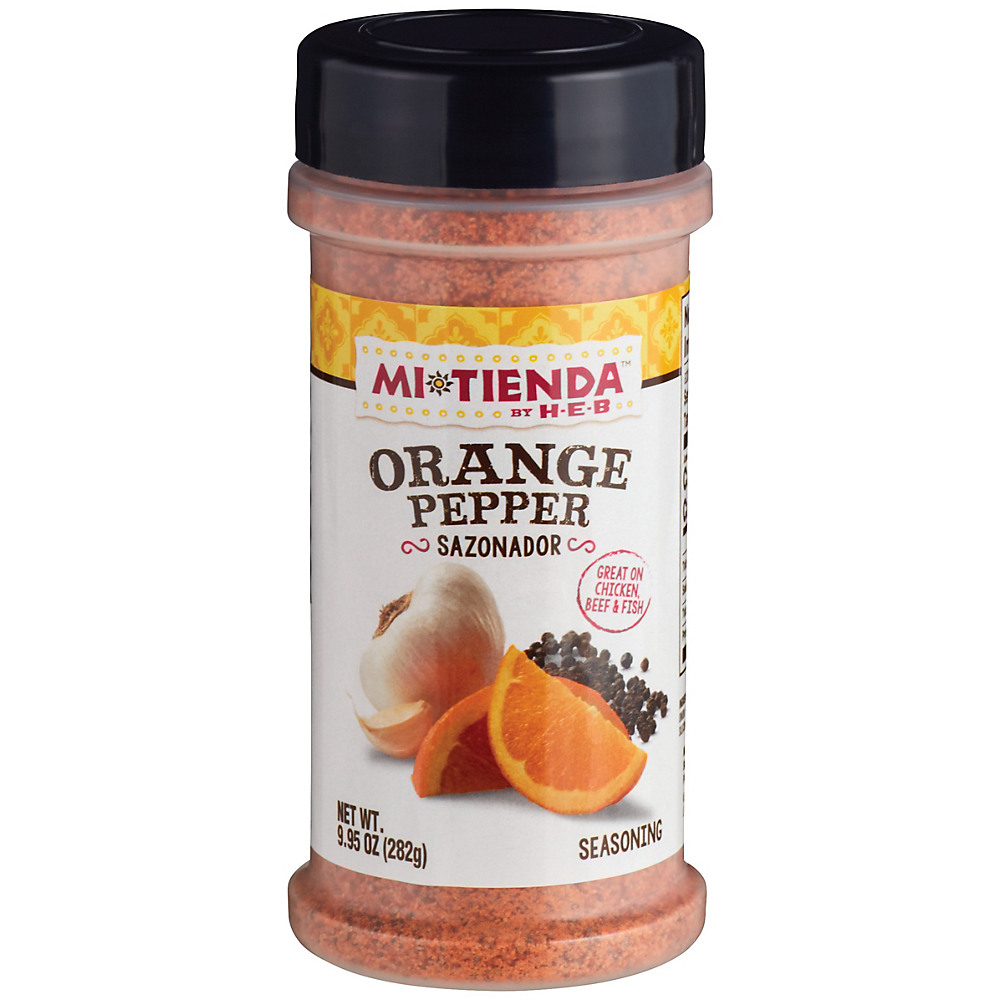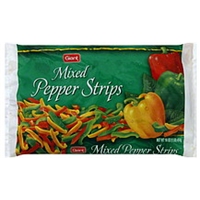Pepper
Pepper, also known as Piper nigrum, is a widely cultivated flowering vine originating in India. It is highly prized as a household staple and primary source of flavor in cuisines worldwide. Pungent and aromatic black, green, and white peppercorns are derived from the plant's berries, which are also used as key ingredients in medicinal and beauty products.
Black peppercorns, the most commonly used variety, are the dried unripe fruit of the vine, while green and white varieties come from the same fruit but are made using different methods. Green peppercorns are the unripe fruit soaked in brine, and white peppercorns are the ripe fruit with the outer layer removed. All varieties have distinct flavors and uses in culinary dishes, allowing home cooks to provide a customized taste and appeal to their meals.
82%
CARBS
4%
FAT
13%
PROTEIN
546 Pepper Products
Three Pepper Blend Green, Red & Yellow Bell Peppers, Three Pepper Blend
Organic Ground Pepper
Fiesta Brand Extra Fancy Lime Pepper
Diced Pepper Tri-Blend
Fresh Kitchen Tri-Pepper Blend
Oxo Soft Works Ceramic Pepper Grinder
Snow Fruit Diced Pepper Tri - Blend
H-E-B Mi Tienda Orange Pepper Seasoning
Kinder's Cracked Pepper Parmesan Seasoning
Mixed Pepper Strips
Used In 60,069 Recipes
2
Zesty Coconut-Lime Shrimp
2
Creamy Chicken Fettuccine
5
Savory Chicken with Bacon and Herbed Mustard Sauce
4
Cheesy Turkey Taco Stuffed Sweet Potatoes
3
Creamy Spinach and Parmesan Pasta with Grilled Chicken
2
Honey-Glazed Roasted Carrots with a Twist
3
Honey-Glazed Chicken Stir-Fry
5
Tuscan Sausage Gnocchi Delight
Pepper Is Frequently Used With
Pepper FAQ
Cooking with pepper can elevate your meal to a whole new level. The burst of flavor and slight pungency it brings enhances the overall taste. However, many people often wonder how much pepper to use, where to use it, and when to add it into their dishes. Normally, it's added according to taste, but if you're new to cooking, you might find yourself either overdoing it or not using enough. Some people may also make the mistake of using pre-ground pepper, which can lose its flavor over time. Freshly ground black pepper is always the best choice. You can get the most out of pepper by using it judiciously, knowing exactly where and when to incorporate it into your cooking. It's best used at the end of cooking to retain its aroma and taste. A little-known trick is to combine pepper with other spices to create flavor profiles that resonate wonderfully in your dishes. For instance, pairing pepper with salt, cinnamon, or even citrus zest can result in amazingly flavorful dishes.
What is the difference between black, white, and green peppercorn?
How much pepper should I use in my cooking?
When should I add pepper to my cooking?
Should I use ground pepper or whole peppercorns?
Can I substitute black pepper for white pepper and vice versa?
What is pink peppercorn?
Can I use pepper in sweet dishes?
What can I do with leftover peppercorns?
What are some good pairings for pepper?
Can eating too much pepper be harmful?
Expiration & Storage Tips
When does pepper expire?
In its whole, uncracked form, black pepper can last indefinitely if stored in a cool, dry place. Once ground or cracked, its flavorful aromatic oils begin to evaporate, and it's best used within six months to a year. Green and white peppercorns also last indefinitely as long as they're kept away from heat, humidity, and direct sunlight. After being ground, both types of pepper should be used within one year for optimal flavor. Pepper doesn't really expire, but it will start losing its flavor over time.
How do you tell if pepper is bad?
While pepper doesn't 'go bad' in the sense that it becomes harmful to eat, there are a few signs that it's past its prime. Check for changes in color, smell and taste. If the pepper has lost its pungency and doesn't have a testy smell when crushed, it's probably old and has lost its flavor. But don't worry, it's still safe to use, it just may not add much taste to your food.
Tips for storing pepper to extend shelf life
• Store pepper in a cool, dry place
• Use an airtight container
• For best flavor, buy whole peppercorns and grind them as needed
• Keep away from heat, humidity, and direct sunlight
• Consider freezing ground pepper to retain more flavor
EXPIRES WITHIN
2 - 3.6
YEARS
Equivalents
Health Info
Macros
8g
CARBS
0g
FAT
1g
PROTEIN
Allowed on these diets
LOW FAT
VEGETARIAN
KETO
PALEO
WHOLE 30
MEDITERRANEAN
LOW CARB
VEGAN
LACTOSE FREE
GLUTEN FREE

